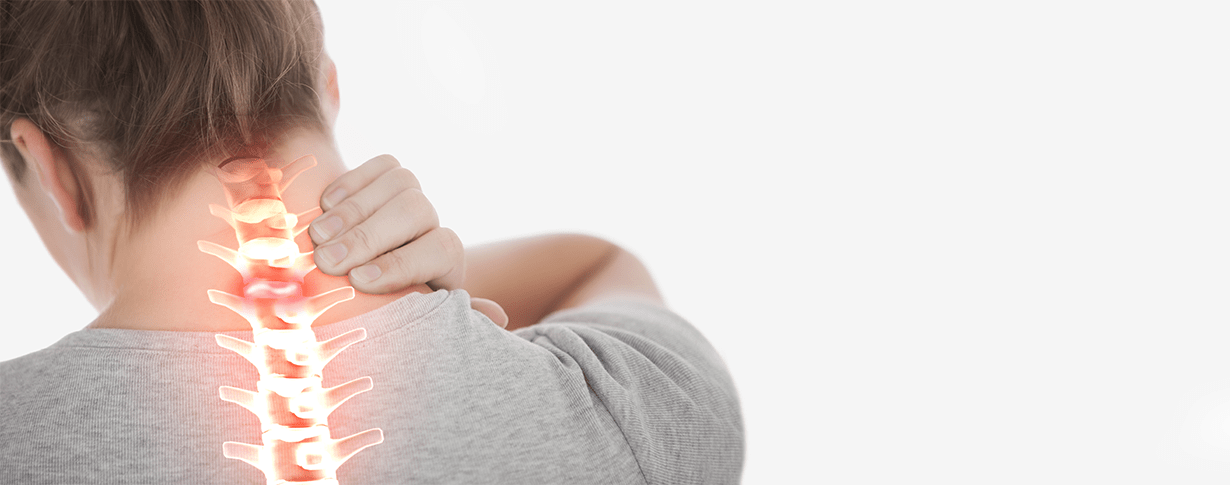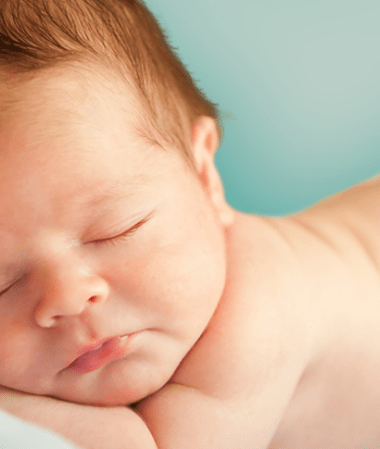Little-Known Features of Neck Hernia Disease
Neck hernia is during the basic education period of us physicians, namely; Although it is a disease that is unfortunately rarely mentioned in the curriculum of the Faculty of Medicine, it is a very common spinal disorder in the society.
Especially in the last five years, its incidence has increased statistically remarkably.
This situation is considered to be directly proportional to the increase of “awareness and diagnosability” by physicians rather than the spread of the causes of the disease.
Contrary to the general belief, neck hernia is not a simple disease that causes neck pain or added back and arm pain.
While herniated disc, lumbar slip, and lumbar stenosis, which are in the same category, threaten the functions of organs and limbs that are only under the lumbar region of our body, neck hernia can cause common dysfunctions that concern our entire body.
The complaints that occur in neck hernia do not only occur as a result of the mechanical pressure of the disc tissue on the spinal cord and nerve fibers. On the background of the disease, complex reactions occur in which neuro-chemical and hormonal actors play a role.
The slightest dysfunction in our spinal cord, which is in contact with all the systems in our body, may present itself with a seemingly unrelated complaint.
For this reason, common complaints that may occur in patients with neck hernia, apart from the classic triad of pain, numbness and loss of strength, are as follows:
- Headache: It is of the type that starts from the nape root and spreads from place to place, to the temple and around the eyes. Migraine and tension type headaches can be thought of. It can mislead the physician by imitating both diseases.
- Balance disorder: Although it is called vertigo by the patient, it is actually the deterioration of body balance. It is defined as “walking like a drunk, feeling of the ground being pulled from under the feet, feeling of being pushed”.
- Palpitation: It is in the form of an increase in heart rhythm and generally feeling the heartbeats strongly by the patient.
- Anxiety Disorder: Worry is described as overreacting to events, getting upset quickly or getting angry quickly.
- Blood pressure imbalances: While hypotension is more common in the first years of the disease, hypertension develops in the following years, especially in a type of neck hernia.
- Sweating Abnormalities: Excessive sweating is observed especially in the scalp and face. However, it is not uncommon for excessive sweating to accompany cervical hernia in only one part or all of the body.
- It should be remembered that complaints such as slow functioning of the intestines, extreme cold, distraction and forgetfulness, and sleep disorders may also occur with cervical hernia.







